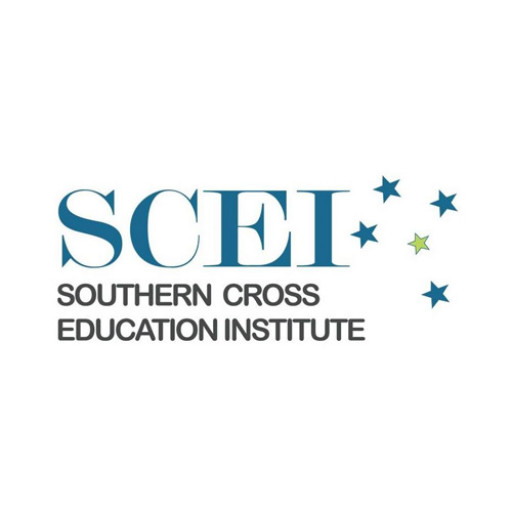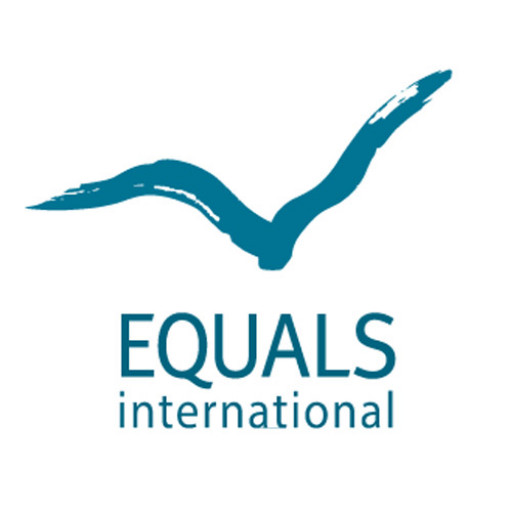Photos of university / #deakinuniversity
Great diplomatic action is meant to save lives, alleviate distress and maintain human dignity during and after crises and conflict. That can be informed by principles of Humanity; Impartiality; Neutrality and Independence. Effective humanitarianism involves quality preparedness and delivery of aid, working with affected communities and people, their agents and other stakeholders, to further ensure their identified needs are met. Increasing complexity of humanitarian contexts requires an agile approach focusing on locally led actions where possible and worldwide involvement where demanded. Their studies at Deakin will provide you with an introduction into the relevant skills, knowledge, understanding and capability to be a highly effective worker within this dynamic and evolving system.
The Bachelor of Humanitarian Assistance at Deakin University is designed to prepare students for impactful careers in the field of humanitarian aid and development. This comprehensive program provides students with a solid foundation in the principles and practices of humanitarian work, emphasizing crisis management, disaster response, and community development. Throughout the course, students will explore critical topics such as international humanitarian law, ethics in aid work, policy formulation, and the socio-economic factors affecting vulnerable populations. The program emphasizes practical skills through internships, fieldwork, and simulated scenarios, enabling students to apply theoretical knowledge in real-world contexts. Students will learn to coordinate aid efforts, assess needs, design intervention strategies, and work effectively with diverse communities and international agencies. The curriculum also covers emerging issues such as climate change adaptation, gender and cultural considerations, and technology's role in humanitarian efforts. With a focus on developing intercultural communication and leadership skills, graduates will be equipped to operate in complex and dynamic environments, making a positive difference in the lives of those affected by crises. Deakin’s state-of-the-art facilities and strong industry connections ensure students gain relevant experience and professional networks. Upon completion, graduates will be prepared for roles in NGOs, government agencies, United Nations programs, and other organizations dedicated to providing emergency relief, long-term development, and resilience building. The Bachelor of Humanitarian Assistance at Deakin University is committed to fostering socially responsible graduates who are dedicated to making a meaningful impact in global communities.
- Bachelor degree or greater
- Two years relevant work experience
- Evidence of instructional capability faking to be equivalent.
The financing of the Humanitarian Assistance program at Deakin University involves a comprehensive structure designed to support enrolled students throughout their studies. The program offers various fee options, including Commonwealth supported places (CSP) for eligible domestic students, which significantly reduces the financial burden by subsidizing tuition fees through government funding. For international students, the program's tuition fees are set annually and require full payment or a payment plan arrangement, depending on the student's preference and financial situation.
Deakin University provides flexible payment options such as upfront payment, payment via instalments, or student loans where applicable. Domestic students may also access Commonwealth Assistance, including HECS-HELP, which allows them to defer their tuition fees until earnings reach a specified threshold, making higher education more accessible and affordable. International students typically pay international tuition fees directly and are encouraged to explore scholarships and financial aid options available through Deakin University or external organizations.
In addition to tuition fees, students should consider other costs associated with their studies, such as accommodation, textbooks, students materials, and living expenses. Deakin University offers a range of scholarships dedicated to students pursuing degrees in humanitarian fields, which can substantially offset total study costs. These scholarships are merit-based or need-based and provide financial assistance ranging from partial to full tuition coverage, along with allowances for living expenses.
Furthermore, students can explore external funding opportunities, including government grants, sponsorships, and private scholarships linked to humanitarian work or international development. The university provides thorough guidance and support to help students identify and apply for financial aid opportunities suitable for their circumstances. Overall, the financial planning for the Humanitarian Assistance program aims to be inclusive, offering various pathways to support students academically and financially, ensuring that cost is not a barrier to gaining vital skills and knowledge in humanitarian aid.
Deakin University offers a dedicated program in Humanitarian Assistance designed to equip students with the skills and knowledge necessary to address complex global humanitarian challenges. This program emphasizes practical and theoretical understandings of disaster management, emergency response, refugee issues, and development strategies. Students enrolled in this degree will explore topics such as crisis management, humanitarian law, public health in emergencies, and the social, political, and environmental factors that impact vulnerable populations. The curriculum integrates real-world case studies alongside innovative research, preparing graduates for roles in international organizations, non-governmental organizations, government agencies, and community services.
The program is structured to provide flexible learning options, including full-time and part-time study modes, catering to a diverse student body that may include working professionals and international students. Courses are delivered through a combination of lectures, workshops, group projects, and practical placements, fostering both learnings through academic theory and hands-on experience. The program also emphasizes leadership, ethical considerations, and cultural sensitivity, which are critical when working in diverse and unpredictable environments.
Students have access to state-of-the-art facilities, including simulation labs and online learning resources, to enhance their educational experience. Throughout their studies, students are encouraged to develop critical thinking, problem-solving, communication, and teamwork skills essential for effective humanitarian work. Upon completion, graduates receive a qualification that qualifies them to contribute meaningfully to disaster relief efforts, community development projects, and policy initiatives aimed at reducing the impact of crises on vulnerable populations worldwide. Deakin's strong connections with international agencies and organizations also offer students valuable networking opportunities, internships, and employment pathways within the humanitarian sector.









